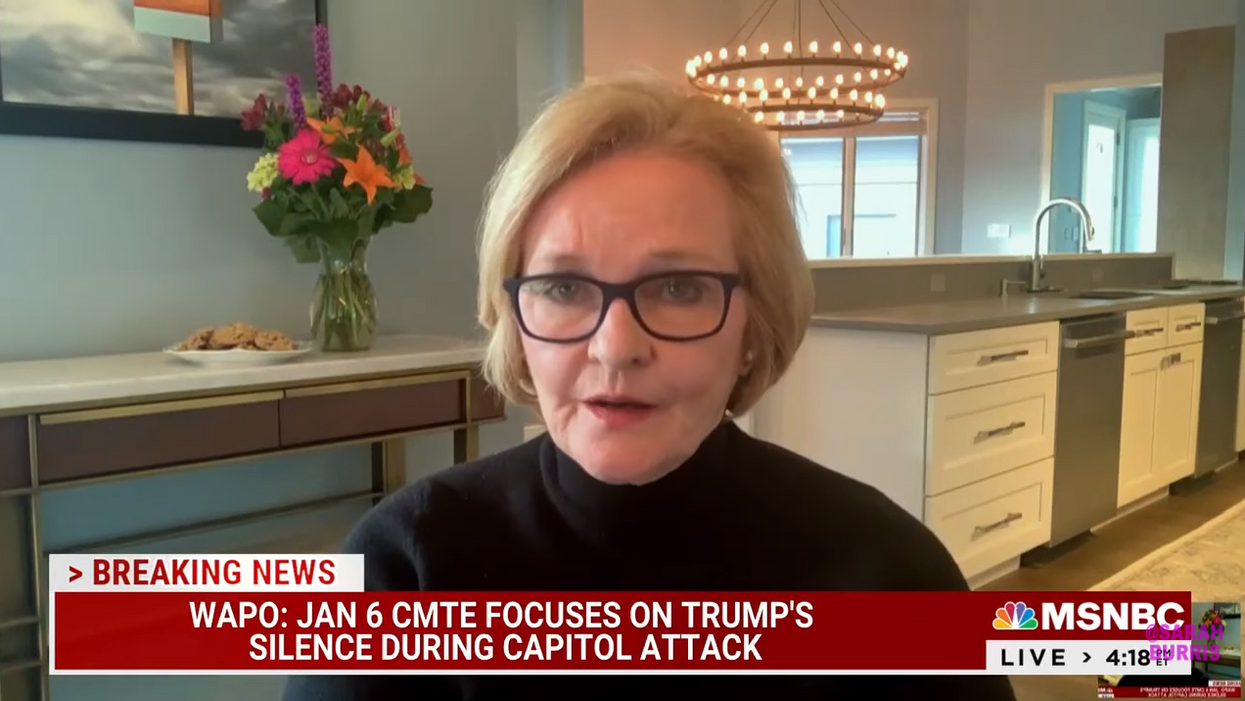Public parks belong to the public, right? A billionaire can't cordon off an acre of Golden Gate Park for his private party. But can a poor person — or anyone who claims they can't afford a home — take over public spaces where children play and families experience nature?
That is the question now before the Supreme Court case, Grants Pass v. Johnson. Before going into particulars, note that both Republican and Democratic politicians think the answer should be "no." That leaves activists who support the right of "the homeless" to take over public property. They want a "yes."
The case is a challenge to a ruling by the Ninth Circuit Court of Appeals, in San Francisco, that cities cannot evict "homeless" campers if there are more of them than the local shelters can accommodate. It stems from an ordinance issued by Grants Pass, Oregon, that strictly limits the opportunity to erect a home on public spaces. It forbids even wrapping oneself in a blanket while sitting or lying in public.
A conservative Ninth Circuit judge, Daniel Bress, issued an angry response to the ruling that, critics say, has actually encouraged the sprawling tent encampments tormenting the nine Western states in the court's jurisdiction. It's been noted that in the four years since the decision, homelessness in the states the Ninth Circuit covers grew by about 25% while falling in the rest of the country.
Bress urged the judges to just look out the windows of their San Francisco courthouse. They will see, he said, "homelessness, drug addiction, barely concealed narcotics dealing, severe mental health impairment, the post-COVID hollowing out of our business districts."
Gavin Newsom, Democratic governor of California, joins in the criticism. The Grants Pass decision, he says, has "impeded not only the ability to enforce basic health and safety measures, but also the ability to move people into available shelter beds and temporary housing."
The debate over the rights of the "homeless" has always stumbled over an agreed definition of the homeless population. Some may be families unable to meet rising rents. Some are mentally ill. Some are addicts, while others are "drug tourists." Some reject the accommodations at shelters, preferring to sleep under the stars.
Is the solution to let any of these groups take over parks where children play? Is it to let them visit squalor on the very business districts cities need to pay for public services, including theirs?
The city of Los Angeles holds that homeless camps deny pedestrians and the disabled use of the streets. Cities in Arizona have argued that the law is simply unworkable. The enormous encampment in Phoenix has reportedly cost Arizona millions of dollars and years of litigation.
Drawing lines isn't always easy. Can a city criminalize public urination by someone who doesn't have access to a toilet? What about lighting a fire to cook on? Addiction is not a crime, though it is constitutional to punish someone for using illegal drugs.
It may be necessary to dust off a term coined by John Kenneth Galbraith in the 1950s, though in a way the economist did not intend. It's the existence in this country of what he called "private affluence, public squalor." While the urban rich may have five acres at their country house for their kids to play on, their housekeepers' children have only public parks as their green playground.
We don't pretend here to have an answer for the homeless problem. Because the population is diverse, the answers must also be diverse. But one answer can't be to strip away the public's right to use the public spaces that ultimately belong to them.
Reprinted with permission from Creators.


